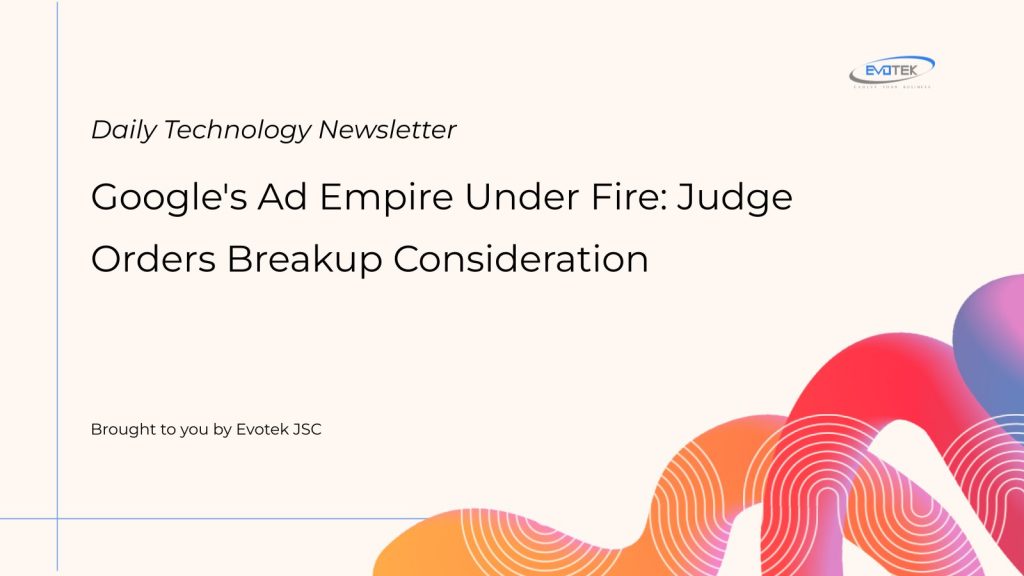In a landmark ruling, a federal judge has found Google guilty of building an illegal advertising monopoly, potentially leading to a forced breakup of its ad tech business. The U.S. Department of Justice (DOJ) successfully argued that Google leveraged its dominance to manipulate online ad services, inflating fees for publishers.
Judge Sides with DOJ: Google’s Anticompetitive Practices Harmed Publishers
Judge Leonie Brinkema’s decision marks a significant victory for the DOJ, which contended that Google’s anticompetitive behavior harmed publishers reliant on its ad technology. The core of the issue lies within Google’s control over key segments of the online display advertising industry.
Dominance in Ad Serving and Ad Exchange Markets
Google’s ad server, formerly DoubleClick for Publishers (DFP) and now part of Google Ad Manager, commands approximately 90% of the market, connecting websites with advertisers. Its ad exchange, previously AdX, facilitates ad auctions. Judge Brinkema highlighted that Google’s ad exchange holds a dominant 54% to 65% global market share, dwarfing its nearest competitor’s 6%. This allows Google to extract roughly 20% from each ad auction, significantly more than its rivals.
“Plaintiffs have proven that Google has willfully engaged in a series of anticompetitive acts to acquire and maintain monopoly power in the publisher ad server and ad exchange markets for open-web display advertising,” the judge stated.
“First Look” and “Last Look”: Preferential Treatment Allegations
The court found that Google exploited its control to exclude competitors and favor itself through features like “First Look” and “Last Look,” effectively dominating both sides of ad transactions. One Google employee likened this situation to a major bank owning the stock exchange.
Google’s Legal Woes Mount: Broader Antitrust Concerns
This ruling compounds Google’s existing legal challenges. Just last year, the company lost a major case concerning its practice of paying billions to tech companies to make its search engine the default option. The DOJ has even suggested that Google might need to sell Chrome and decouple it from Android, the world’s leading mobile operating system. Similar antitrust actions are underway in Canada, the UK, the European Union, China, India, and Japan.
Google’s Defense: A Breakup Harms Consumers
Google maintains that a breakup would negatively impact consumers. Alphabet executives have also argued that forced divestitures pose a national security risk. The scale of Chrome could complicate any potential selloff, as only other tech giants, already under antitrust scrutiny, would be capable of acquiring it.
Google Vows to Appeal, Claims Partial Victory
Despite the ruling, Google claims it “won half the case.” Judge Brinkema dismissed DOJ claims regarding Google’s conduct in the “open-web display advertiser ad networks” market. She also exonerated the company of accusations that it deleted internal chat records to obstruct court proceedings.
Lee-Anne Mulholland, Google’s Vice President of Regulatory Affairs, stated the company will appeal the ruling.

 日本語
日本語 한국어
한국어 Tiếng Việt
Tiếng Việt 简体中文
简体中文